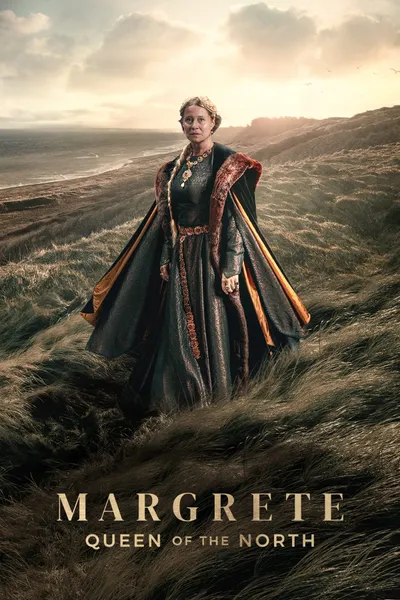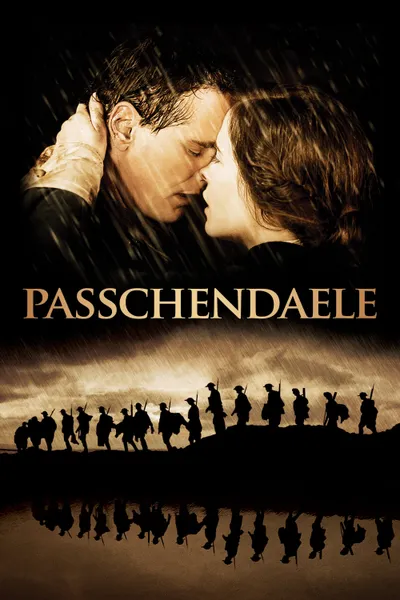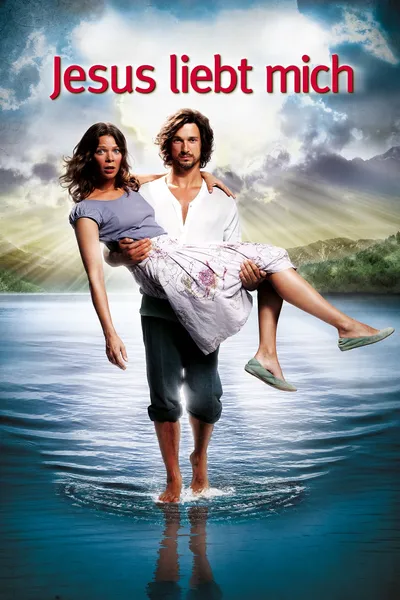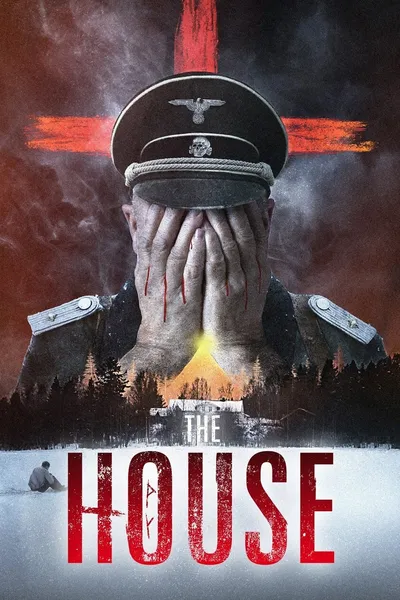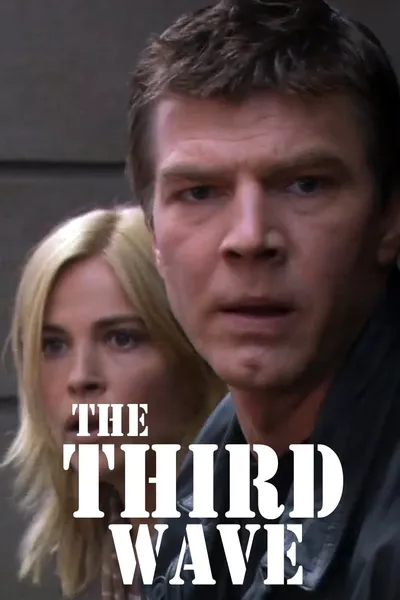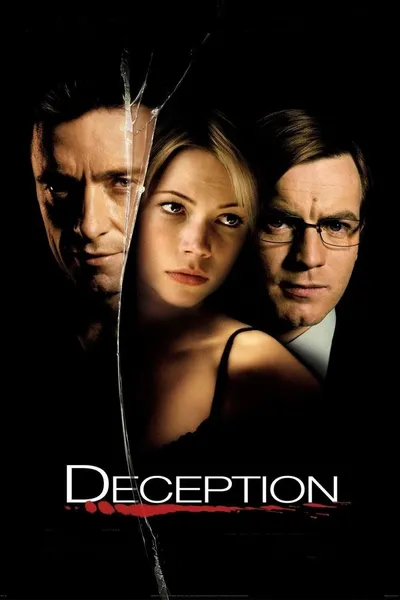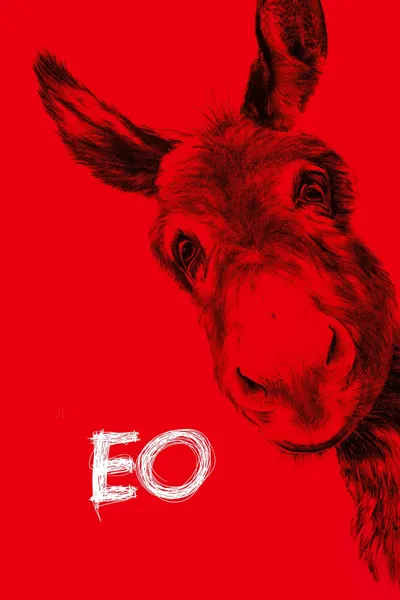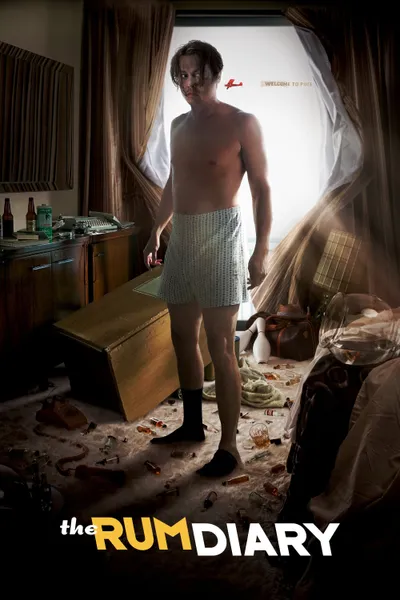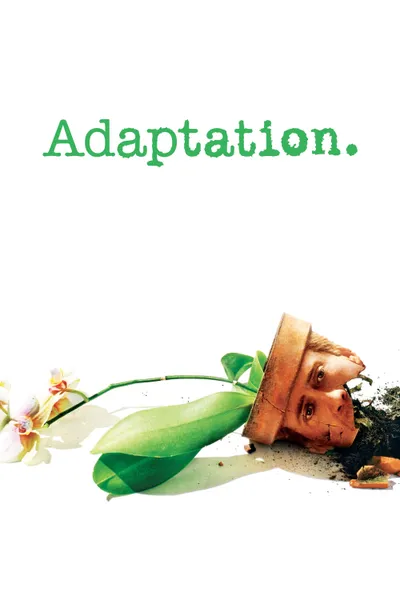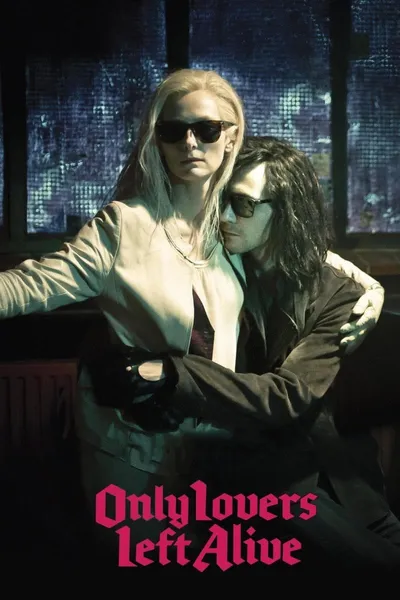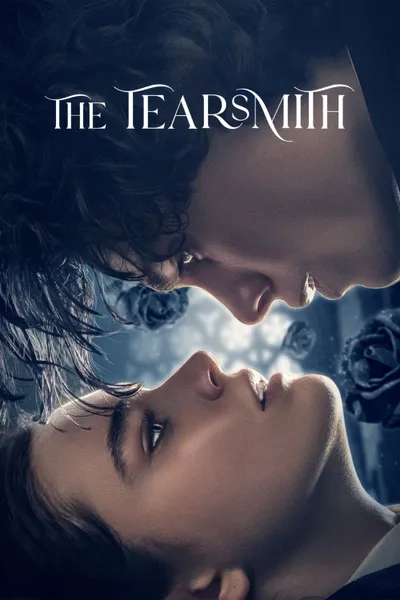Reviews

CinemaSerf
November 3, 20247.0
With the Kalmar Union still in it's infancy, Queen Margrete (Trine Dyrholm) is trying to keep the Danes, Swedes and Norwegians aligned under the nominal kingship of her adopted son Erik (Morten Hee Andersen) in the face of the increasing fear of aggression from the neighbouring Germans. This task is suddenly made much more difficult when a pretender to his throne is unveiled. This gent (Jakob Oftebro) claims to be the son of the queen, and though she certainly had a son it was thought that he had been murdered many years earlier. The Norwegians are quick to support this new claim, but she is less inclined to panic and/or to execute summary justice - and that rouses suspicions about the stranger's true identity amidst the nobles and manages to antagonise her adopted son who has no intention of surrendering his throne. Adding to the pressures building on the Queen, Erik is set to marry the daughter of King Henry IV of England to cement a relationship that could help guarantee everyone's safety - but will the English want their royal dynasty married into the wrong family? Gradually, we all realise that there has been quite a degree of conspiring and lying going on for many years that spreads right to the heart of not just the kingdom, but to an influential church that cannot be guaranteed to do the right thing if it's not in it's own interests. This is quite a well produced and paced historical drama that illustrates quite engagingly the difficulties faced by anyone in holding together this loose confederation of warring nations. The fact that she was a woman doesn't appear to have inhibited her power, indeed her guile and shrewdness appear to have been quite well respected by those who appreciated her goals for unity and peace. To that end Dyrholm delivers competently, as does Søren Malling as the duplicitous priest and a solid supporting cast. It's perhaps a little verbose and also a little tame at times, but it's a period of history that is interesting to discover more about as the viking nations emerged from their raping and pillaging phase into something altogether more cohesive and important in the grand scheme of European politics. It's worth a watch if you're interested in (theatrical) Nordic history.
Recommendation Movies
Passchendaele2008
Jesus Loves Me2012
The House2016
The Beast Within1982
The Third Wave2003
Beck 24 - In the Name of God2007
Proxima2019
Deception2008
EO2022
The Rum Diary2011
Adaptation.2002
Only Lovers Left Alive2013
The Tearsmith2024
Licorice Pizza2021
Tetris2023
Beverly Hills Cop: Axel F2024
The Adam Project2022
Kingdom of the Planet of the Apes2024
Joker2019
Oppenheimer2023
© 2025 MoovieTime. All rights reserved.Made with Nuxt
